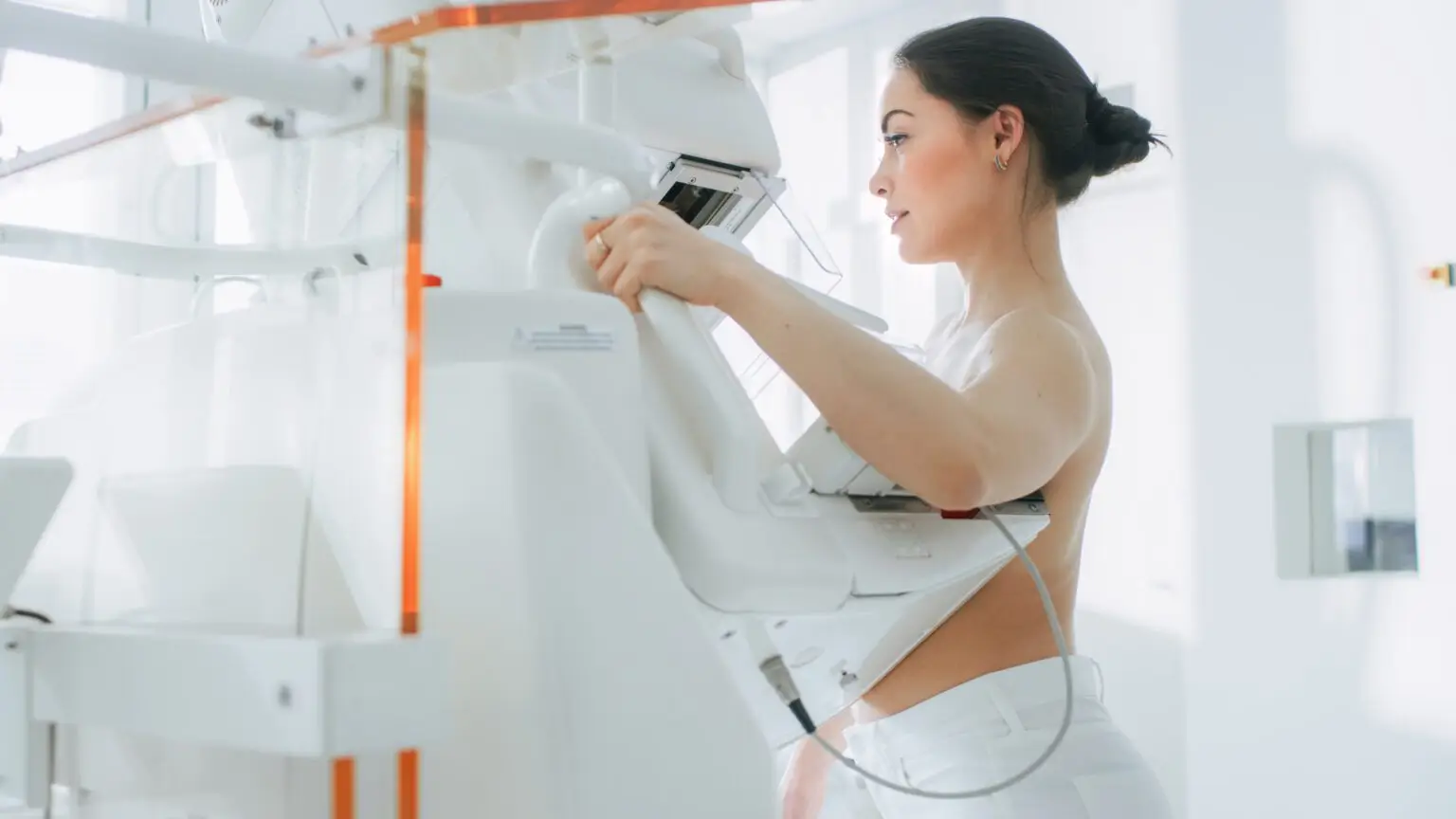“I never knew the density of my breasts could make such a difference in detecting cancer and my cancer risk. My mammogram missed my stage 2 breast cancer because of it, and now I urge every woman to know their breast density and advocate for additional screening if necessary. Early detection is key in having the best outcomes with a breast cancer diagnosis.”
– Suzanne Garner, breast cancer survivor,
Director of Marketing & Community at Outcomes4Me
Breast cancer is the most common cancer in women worldwide. While several risk factors have been identified, including age, family history, and hormone exposure, breast density is also considered an independent risk factor. However, awareness about the influence of breast density on breast cancer risk is greatly lacking. Let’s explore how breast density is linked to breast cancer, screening recommendations for those with dense breasts, and the organizations that are involved in awareness and public education around the issue.
Breast density refers to the amount of glandular tissue and connective tissue in the breast compared to fatty tissue. Dense breasts have a higher proportion of glandular and connective tissue, making it more challenging for mammography to detect small tumors. This is because both cancer and dense breast tissue appear white on a mammogram, making it difficult for radiologists to differentiate between the two.
Breast density and breast cancer risk
Studies have shown that women with dense breasts might be twice as likely to develop breast cancer than women with fatty breasts. Women with extremely dense breasts have a higher risk of breast cancer than women with moderately dense breasts.
Breast density is not something you can feel, and it is not related to breast size or firmness. Breast density is determined by mammography and is reported on the mammogram result as one of four categories: fatty, scattered density, heterogeneously dense, and extremely dense.
Screening recommendations for women with dense breasts
Women with dense breasts are recommended to have annual mammograms, starting at age 40. These women may also benefit from supplemental screening with ultrasound or MRI. Ultrasound uses sound waves to create images of breast tissue, and it can detect small tumors that may not be visible on a mammogram. MRI uses a magnetic field and radio waves to create detailed images of the breast tissue, and it is particularly useful for detecting small tumors in women with dense breasts.
Outcomes4Me recently had the opportunity to interview OBGYN, Dr. Brea Shrum to clear up some of the confusion around screening recommendations.
Awareness and public education organizations
Awareness about the relationship between breast density and breast cancer risk is greatly lacking, and several organizations are working to change this. Here are a few examples:
Are You Dense?: This organization is dedicated to informing women about the risks associated with breast density and advocating for legislation that requires healthcare providers to inform women about their breast density.
DenseBreast-info.org: This website provides information about breast density, screening options, and breast cancer risk. It also offers resources for healthcare providers.
The Boobie Docs: This podcast episode is hosted by a breast radiologist and discusses the importance of knowing your breast density.
It’s essential to stay informed and proactive about your breast health so please discuss screening recommendations with your medical team to make certain you are receiving the best tests for you.
If you have questions about the imaging tests recommended for you don’t hesitate to use the Ask Outcomes4Me button in the app to ask your question. As a member of the Outcomes4Me community, you always have free access to our team of oncology nurse practitioners!




